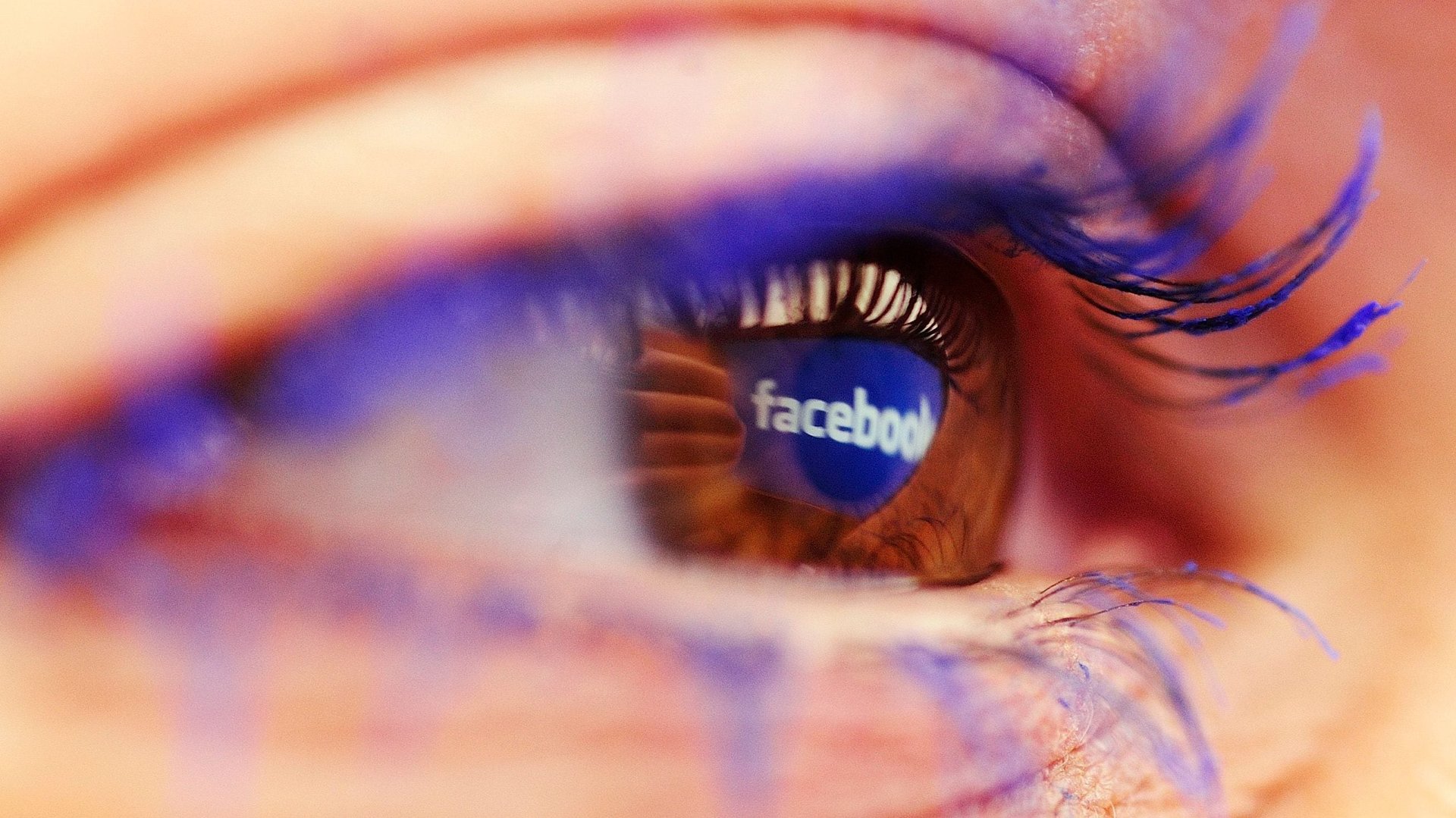Facebook trolls are using disinformation to sell T-shirts
In 2016, Russian trolls infamously used social media to stir up divisions in America’s social fabric in an effort to help Donald Trump become president.


In 2016, Russian trolls infamously used social media to stir up divisions in America’s social fabric in an effort to help Donald Trump become president.
In 2018, trolls in Bangladesh are using the same tactics—to sell T-shirts. CNN reports that 1,700 Facebook pages were set up to look like organizing pages for the 2019 Women’s March, but all were intended to make money from activist fashion. Some even had the wrong date for the march itself.
Facebook has deleted the offending pages, but the story speaks to a broader trend of trolls using heated issues in American politics as a way to make a quick buck. First there were trolls in places like Macedonia using fake news as a way of generating advertising revenue; now unscrupulous actors are stirring up tensions in order to push products.
At the same time, domestic US trolls have caught onto the idea that disinformation sells. Last week, Facebook removed hundreds of pages and accounts based in the US, some of which violated spam rules by getting people to click on links that take them to an ad-filled website—generating cash for the site’s owner. Traditionally, those pages used articles about celebrities and natural disasters as clickbait, but now hot-button political issues are also doing the job, the New York Times writes.
Kris Goldsmith, a US Army veteran, has taken to tracking fake pages on Facebook and Twitter that target fellow veterans, often with politically divisive memes. He told the Wall Street Journal more than half of the roughly 100 pages he has found are based abroad. It’s unclear which of these pages are motivated by politics and which by money, but a Facebook spokesman told the Journal that veterans are often targets of “financially-motivated scams.”
Removing the pages has proven tricky. Facebook, of its own accord, removed the pages with the wrong dates for the Women’s March event, but almost 100 more popped up, using sophisticated patterns to hide the fact that they weren’t genuine. Facebook didn’t identify the rest of the 1,700 pages created by Bangladeshi trolls until CNN notified them this weekend, CNN reports. Goldsmith, the former soldier investigating veterans’ pages, says Facebook has been slow to pay attention to his findings, and has only deleted around two dozen of the pages he has unearthed.
Ben Decker, a research fellow at Harvard’s Shorenstein Center whose data helped CNN detect fake pages, told Quartz the Bangladesh story shows “there are a number of cracks and ways you can slide things through” Facebook’s algorithms. “Ultimately journalism plays a critical role right now in identifying these things and reporting them out,” he says. “At some points we may know more on a micro-level than [Facebook].”
Facebook didn’t respond to a request for comment yesterday. This story will be updated if they do.